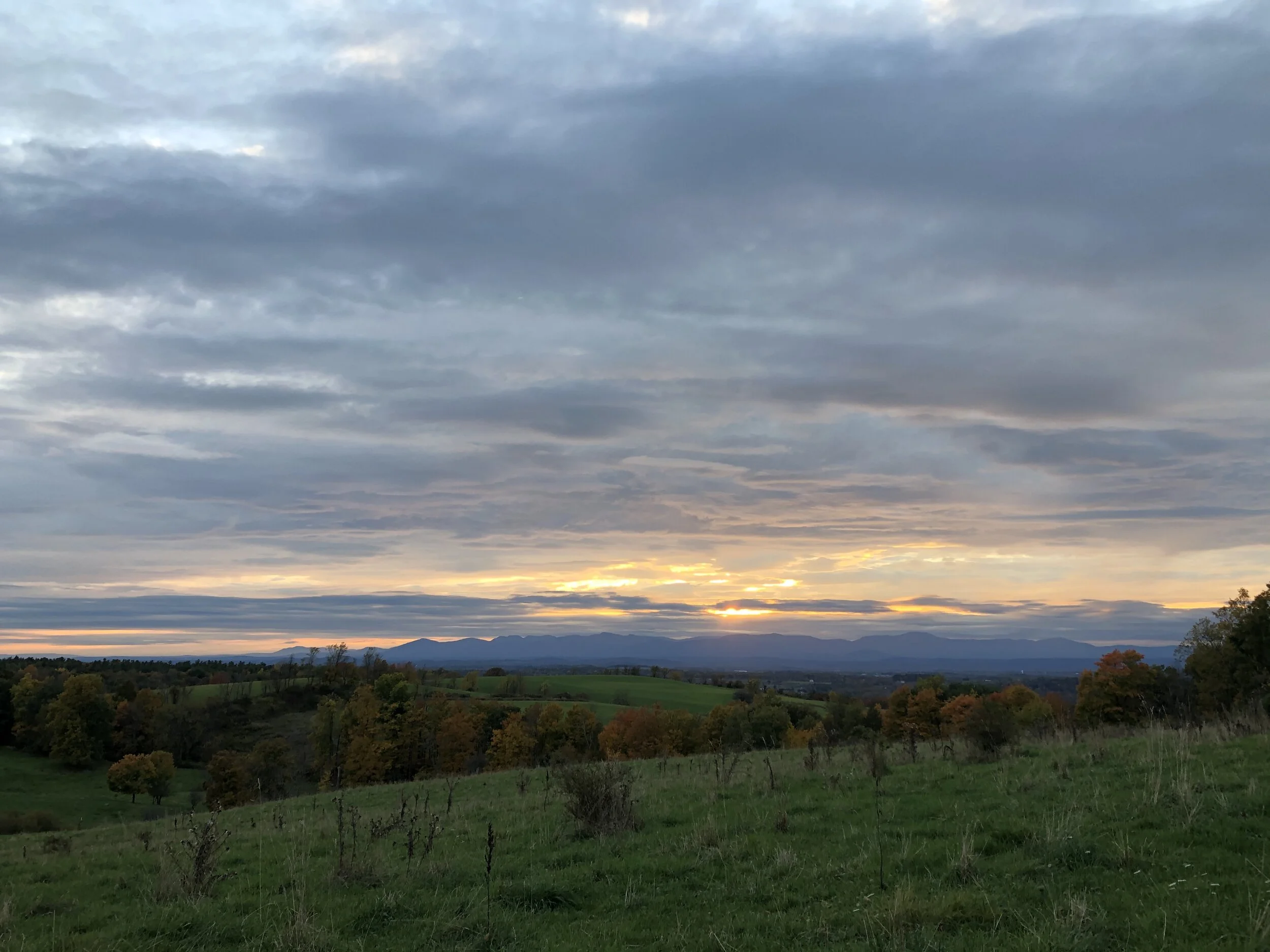calling in white folks: decolonizing our relationship to place
When I think of the histories of white folks settling in the countrysides of this land, I see racial and ethnic supremacy, colonial violence, Indigenous erasure, slavery, genocide, extraordinary degradation of waters and landscapes and more-than-human species, and deep deep deep pain.
I also see white dreamworlds seeking a better way of life. I see hopes of living with the land and creating resilient communities. I see desires to build family. And then I see more injustice, stolen territories, commodified human beings, erasures of entire populations, and the foundations of a way of life—ingrained with all sorts of systemic fucked-up-ness—that rest as the basis of the American ‘over-culture’ today.
I am now one more name on of the long list of white folks who has settled in the countryside of this land. How can I honor the whole histories, legacies, and impacts of this act? How can I intentionally work against the historic and present and future violences of this occurrence? How can I confront the reality of my own settlement on stolen land? And how can I continually call in other white folks to ask these same questions and work towards decolonization in all areas of our lives?
As a descendent of Ashkenazi Jews from 5+ Eastern European nations, most of my ancestors arrived via what we now know as Ellis Island, also a sacred and bountiful shellfish resource for Lenape communities living where the Hudson flows into the Atlantic. The very place that greeted my ancestors is also the very place where other white Europeans destroyed Indigenous food sources. How can I honor this history, too?
I feel dually entangled in histories of white settlement/injustice/colonization and also in histories of oppression and genocide in my own Jewish lineages. So, as I write these words from my current home on the now-deforested lands of the Mohican people, I’m tenderly holding the truth that I have always lived on stolen land and very likely will for the rest of my life. I’m tenderly holding the truth that I do not know where my homeland is (or if it exists) and that my white European Jewish identity connects me to the roles of both the oppressor and the oppressed.
Motivated by the wisdom of Leah Penniman, Eric Holt-Giménez, and A. Breeze Harper, I’m also tenderly holding the truth that there is way, way, way more I can do honor the original keepers of the lands and waters that support me, to elevate leaders of color in food systems, to offer resources and reparations to the communities who experience ancestral and present violence in the form of systemic racism… and so much more.
How else may I decolonize my relationship to the places I call home?

